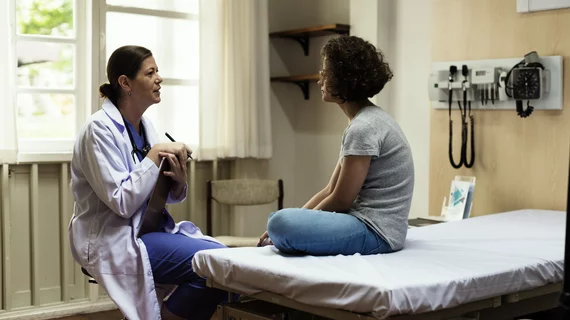Amazon expands list of HIPAA eligible AI services
Amazon Web Services (AWS) is adding to its list of HIPAA eligible machine-learning services.
Amazon Translate, Amazon Comprehend and Amazon Transcribed are now U.S. HIPAA eligible services, the company announced last week in a blog post. Prior to the announcement, AWS already had three AI services that were HIPAA eligible: Amazon Polly, Amazon SageMaker and Amazon Rekognition.
“By using these services, AWS customers in the healthcare industry can leverage data insights to deliver better outcomes for providers and patients using the power of machine learning (ML),” the blog post stated. “To support our healthcare customers, AWS HIPAA eligible services enable covered entities and their business associates subject to HIPAA to use the secure AWS environment to process, maintain, and store protected health information."
NextGen Healthcare, Omada Health, Verge Health and Orion Health are already running HIPAA workloads on AWS to analyze patient records, according to Amazon.
The three services have various capabilities:
- Amazon Transcribe is a speech-to-text service that automatically creates text transcripts from audio files.
- Amazon Translate is a neural machine-learning language translation service.
- Amazon Comprehend is a natural language processing service used to analyze unstructured text.
Amazon has made a string of moves in the healthcare industry as of late, including recently filing a patent for a newer version of its virtual assistant Alexa that can detect when a user is sick. Additionally, it has teamed up with the Arcadia Group to sell a brand of medical products exclusively.

